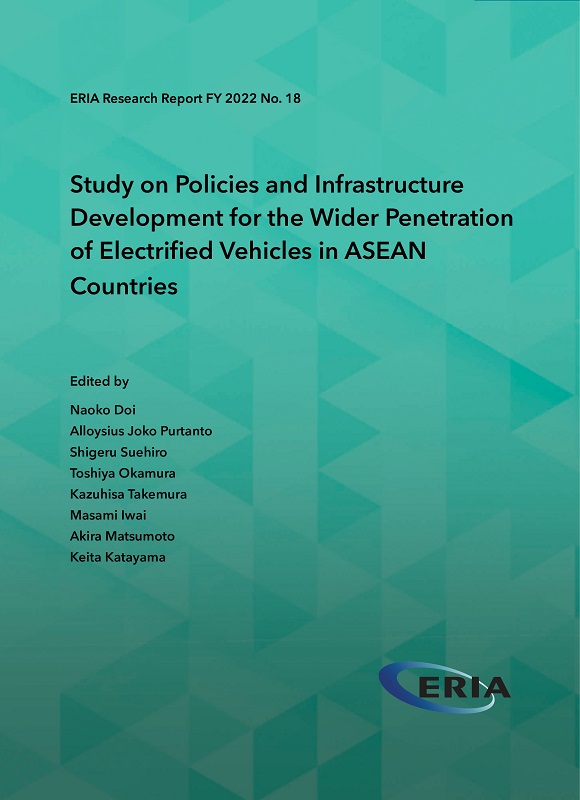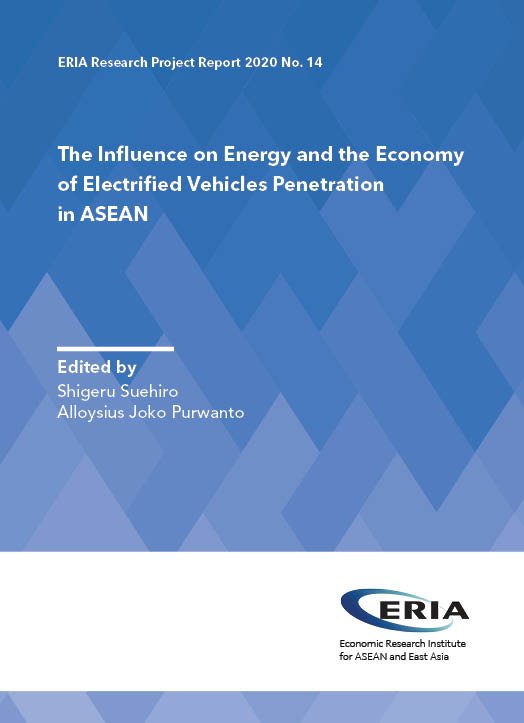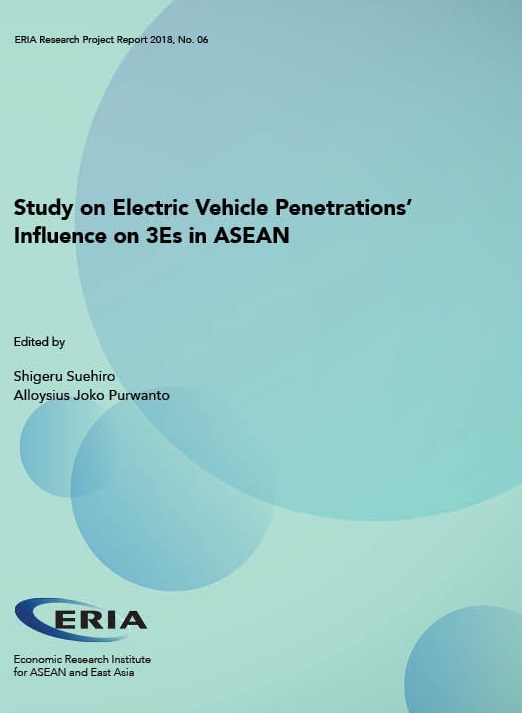Study on Policies and Infrastructure Development for the Wider Penetration of Electrified Vehicles in ASEAN Countries

Print Article:
This report provides well-to-wheel CO2 emissions from the electrification of the transport sector, and identifies the strengths, weaknesses, opportunities, and threats (SWOT) for selected Association of Southeast Asian Nations (ASEAN) countries – Indonesia, Thailand, Malaysia, Viet Nam, and Brunei Darussalam. It also contains analysis of passenger vehicles’ total cost of ownership for internal combustion engine vehicles, hybrid electric vehicles, plug-in hybrid electric vehicles, and battery electric vehicles. The report explores the tipping point for battery electric vehicles to become cost-competitive vis-à-vis internal combustion engine vehicles, for passenger vehicles, buses/trucks, and motorcycles. Finally, the report provides a set of recommendations for the different ASEAN countries concerning the choice of transport modes where electrification should be given priority and the policies needed in relation to countries’ ambitions, such as Indonesia’s and Thailand’s goal to become EV production hubs in ASEAN.
Full Report
Contents
List of Abbreviations and Acronyms
Chapter 1 EV Policies in ASEAN Countries
Chapter 2 Well-to-Wheel Analysis of EVs in ASEAN Countries
Chapter 3 Total Cost of Ownership and Tipping Point of Electric Vehicles in ASEAN Countries




